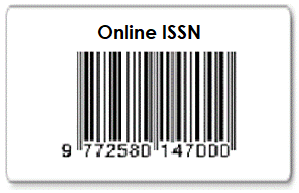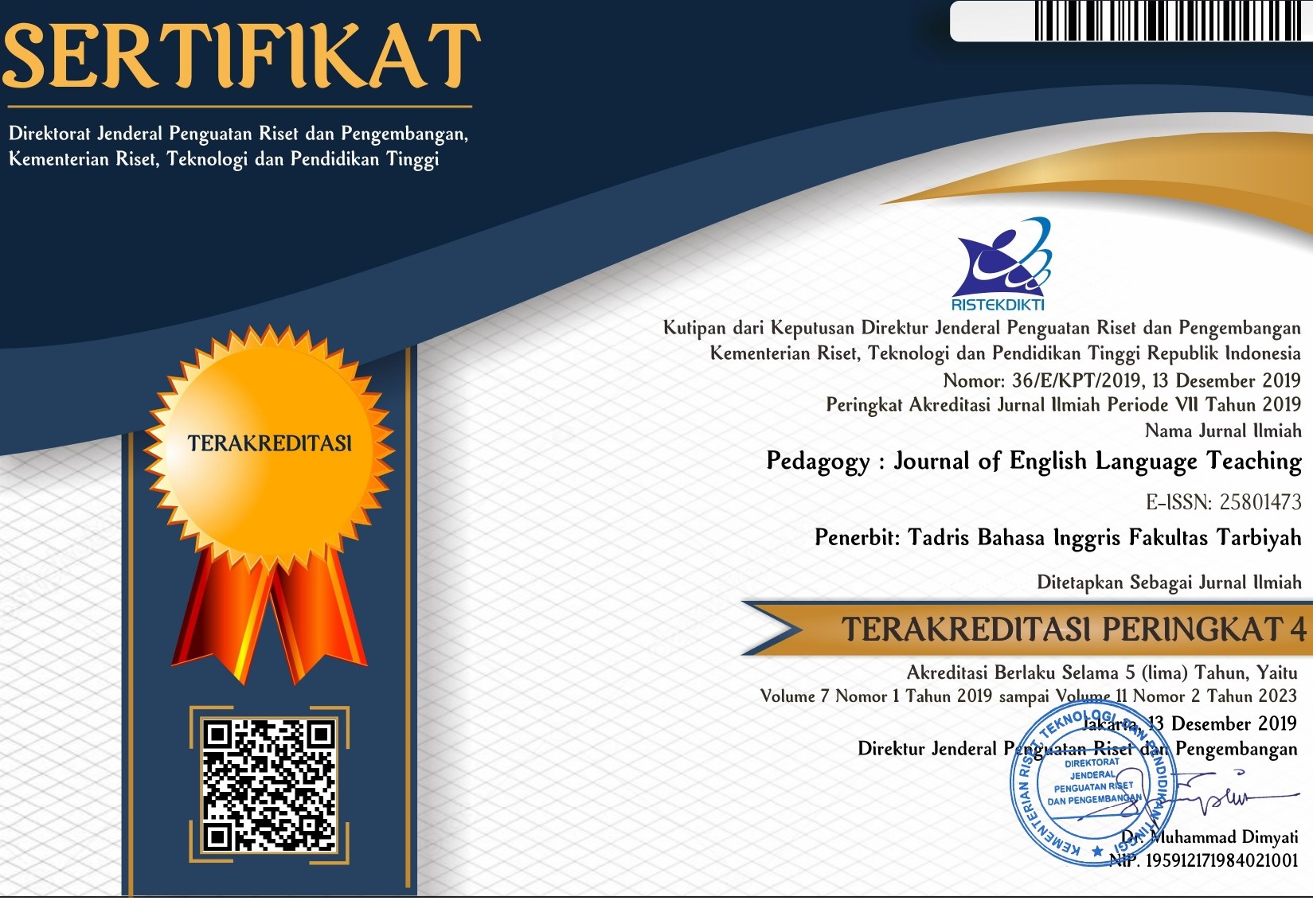Bilingualism Practices Through Teacher's Verbal Input in Early Childhood Education
DOI:
https://doi.org/10.32332/joelt.v9i1.3132Keywords:
bilingualism, early childhood, pre-school, thematic analysis, verbal InputAbstract
This research aims to explore the use of teacher’s verbal input in bilingualism practices to children in International Kindergarten. The research design was a qualitative method, specifically thematic analysis. Three preschool teachers from two kindergartens were chosen to be the participants of this research. The teachers were from junior pre-school (3-4 years of age) and senior pre-school (5-6 years of age) in International Islamic School and preparatory class in International Kindergarten Yogyakarta. A set of interview questions served as the instrument for this study. The questions were constructed based on De Houwer et al., (2012) and Hummel (2014) that were related to bilingualism practices through teacher’s verbal input to interview the teacher on how the verbal input works in bilingualism practices and what are the challenges the teacher gets. The result showed that both schools have already implemented adult’s verbal input to their students’ bilingualism practices using two languages at school. The difference is in the most types applied from each school. Most types applied in International Islamic The school was shorter utterances, meanwhile, the most typically applied in International Kindergarten was substantial repetition.
















